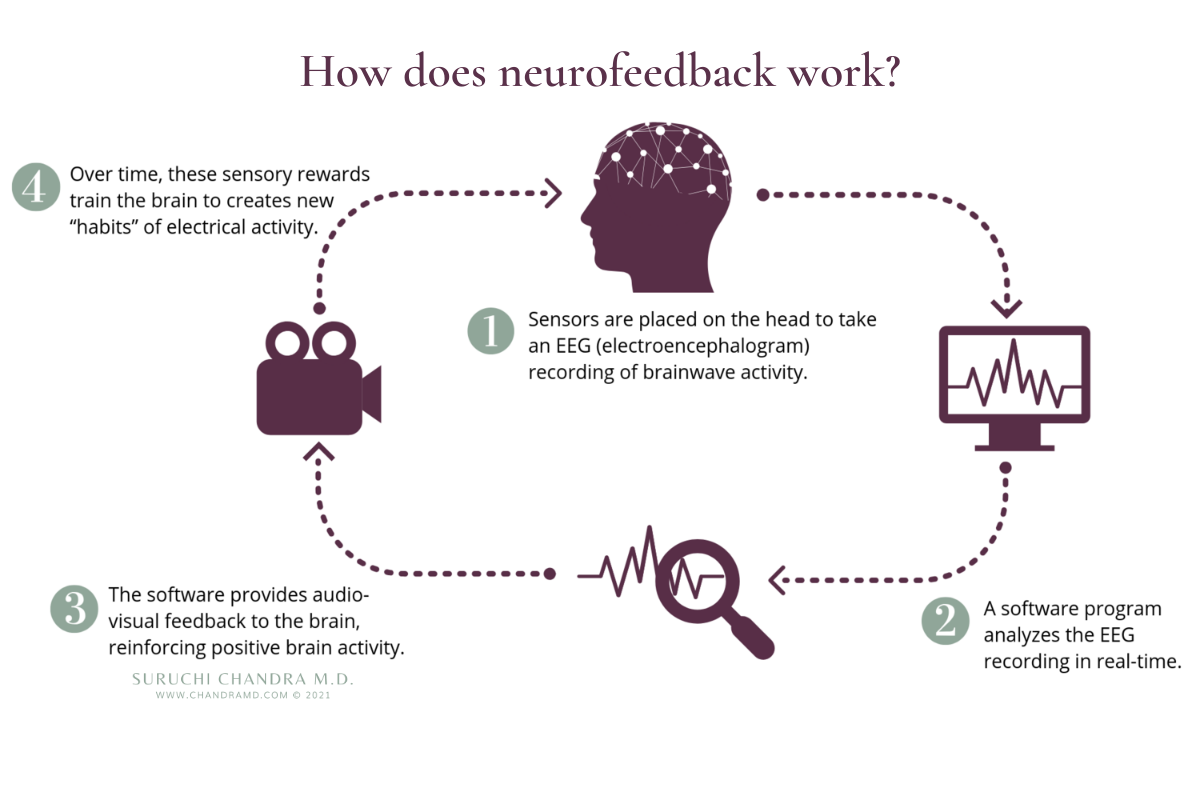Exploring The Way Sleep Ailments Disrupt Brainwave Function and Impact Cognitive Function
Exploring The Way Sleep Ailments Disrupt Brainwave Function and Impact Cognitive Function
Blog Article
Slumber is an essential part of our daily lives, enabling our physical selves and minds to rest and rejuvenate. However, many individuals experience from slumber disorders, which can significantly disrupt slumber patterns. These disorders can lead to various issues, including alterations in neural wave activity. Neural waves are electrical impulses in the mind that reflect our cognitive state and function. When slumber is disturbed, the normal patterns of neural waves can be affected, leading to issues with cognitive function, such as memory, focus, and decision-making.
There are various types of sleep disorders, including insomnia, slumber apnea, and restless leg syndrome. Sleeplessness is defined by difficulty going or staying asleep, while sleep apnea involves interruptions in breathing during slumber. Restless leg syndrome induces uncomfortable feelings in the legs, resulting to an irresistible desire to move them. Each of these disorders can disrupt the normal slumber cycle, which consists of different stages, including shallow sleep, deep sleep, and REM (rapid eye movement) sleep. Each stage holds a crucial role in preserving overall brain health and function.
When sleep disorders disturb with these stages, brainwave activity can become irregular. For instance, during deep sleep, the brain produces gentle delta waves, which are important for physical restoration and memory consolidation. If a individual undergoes frequent awakenings or does not reach deep sleep, the generation of these delta waves is diminished. This can lead to challenges in acquiring new information and holding memories. Additionally, REM sleep, which is associated with dreaming and emotional processing, is also affected. Interruptions in REM sleep can lead to issues with affective regulation and creativity.
The effect of sleep disorders on cognitive function is significant. Research has demonstrated that people with sleep disorders often face challenges with focus and concentration. This can influence their performance at school or work, making it difficult to complete tasks or participate in discussions. Furthermore, chronic slumber deprivation can result to mood changes, increased stress, and even nervousness or melancholy. These cognitive and emotional challenges can create a cycle, where inadequate sleep leads to cognitive difficulties, which in turn can result to more slumber problems.
Addressing sleep disorders is essential for improving brainwave activity and cognitive function. Therapeutic options may encompass lifestyle changes, such as establishing a regular sleep schedule, establishing a cozy slumber environment, and practicing relaxation techniques. In some cases, medical intervention may be required, such as employing a CPAP machine for slumber apnea or pharmaceuticals for sleeplessness. By valuing slumber and seeking appropriate treatment, people can improve their overall mental abilities and boost their quality of life. Understanding the connection between slumber disorders, neural wave activity, and cognitive see post function is an important step toward better health and wellness.
